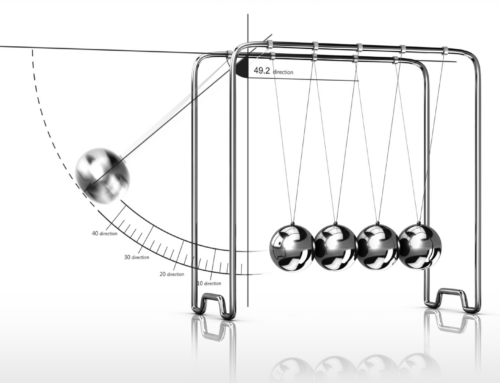Calendars of ancient peoples help to confirm the biblical time frame. They point to a 6,000-year span, which is consistent with a literal reading of the Bible.
The Chinese calendar, for example, is at about the year 4704. It appears to mark the birthdate of either Shem or Noah. Their civilization does not at all predate that time. But they have laid claim to this particular starting point or starting person’s origin.
Not only cultures, but also organizations want to establish their historical stability. For example, the Daughters of the American Revolution (as one organization) can point to a long heritage. Wanting to establish a strong past has been important for most peoples.
Although completely different in nature, though in a similar way, the Catholic Church tries to establish credibility by claiming a priesthood descended directly from St. Peter. The longevity gives an appearance of greater authority, no matter the current batch of priests and bishops, etc. Businesses, too, may do this when they boast of how long they’ve been established. (The web page for Hudson’s Bay Co. boasts of their 1670 establishment, for example.)
Establishing credibility or seniority happens today. Certainly past peoples did so as well. The Egyptians appear to have tried to get their “origins” to be older than others. Did they “fudge” a little? The Sumerians somehow dated the life spans of early rulers into the thousands of years. It is an interesting exaggeration of the true pre-Flood life expectancies of the pre-Flood patriarchs. They actually lived up to around 900 to 950 years.
I hope this reasoning helps to clarify the human propensity to seek validation and credibility with the true (and unexaggerated) Biblical time framework.






